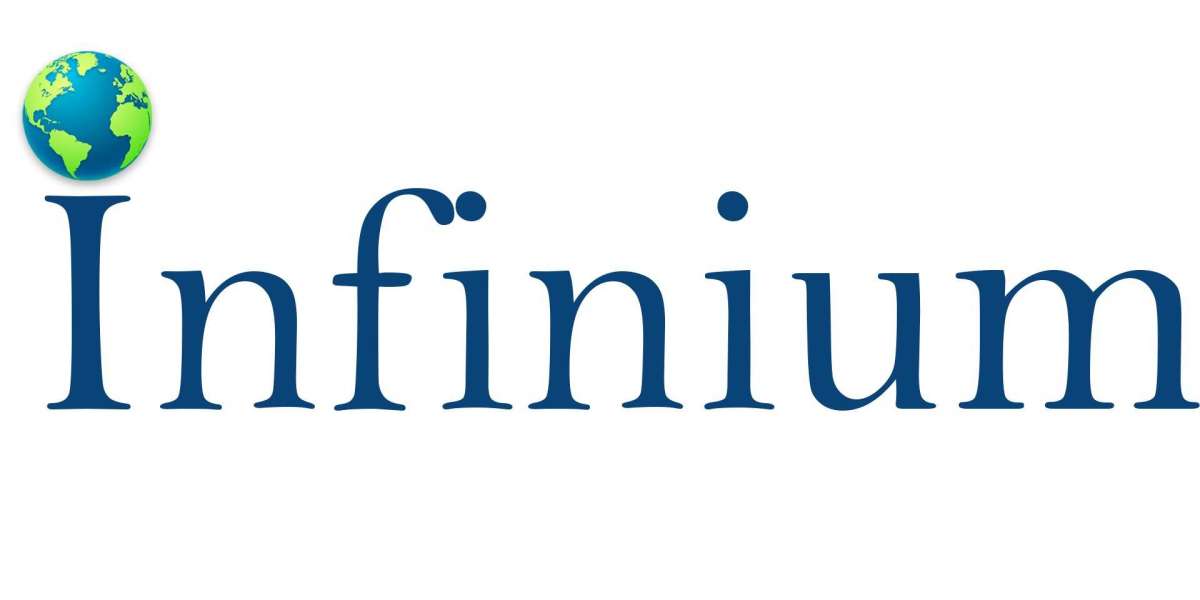The veterinary teleradiology market is experiencing significant growth as advancements in technology and increased demand for specialized veterinary care drive its expansion. Teleradiology, the practice of transmitting radiological images for remote analysis and diagnosis, has become a crucial tool in modern veterinary medicine, offering timely and expert consultations to veterinarians worldwide.
The revenue generated by the global veterinary teleradiology market was about USD 300 million in 2022 and is expected to reach nearly USD 500 million in 2028 and is expected to grow with a CAGR of about 7% over the forecast period 2022-2028.
Get Sample pages of Report: https://www.infiniumglobalresearch.com/reports/sample-request/35313
Key Drivers of Market Growth
Several factors contribute to the rising demand for veterinary teleradiology services. The increasing pet ownership rates, particularly in urban areas, have led to a surge in the need for high-quality veterinary care. Pet owners are more willing to invest in advanced medical treatments, including radiology services, to ensure their pets receive the best possible care.
Moreover, the shortage of veterinary radiologists in many regions has made teleradiology an essential service. Veterinarians in remote or underserved areas can now access expert radiological interpretations, improving the accuracy of diagnoses and treatment plans. This accessibility has been a game-changer, particularly for complex cases requiring specialized knowledge.
Technological Advancements
The adoption of advanced imaging technologies, such as digital radiography and cloud-based platforms, has revolutionized veterinary teleradiology. These innovations have made it easier to share high-quality images and obtain rapid consultations from specialists, regardless of geographic location. The integration of artificial intelligence (AI) into teleradiology platforms further enhances diagnostic accuracy and speeds up the decision-making process.
Market Segmentation
The global veterinary teleradiology market is segmented into various categories based on the type of animal, service, modality, and end user. For animals, the market includes both companion animals and livestock. Regarding services, options include emergency care, daytime coverage, second opinions, and sub-specialty readings. In terms of modalities, the market covers X-rays, CT scans, MRI scans, ultrasound scans, and nuclear scans. Finally, the end users of veterinary teleradiology services are veterinary hospitals, pet clinics,
Challenges and Opportunities
Despite its rapid growth, the veterinary teleradiology market faces challenges, including concerns about data security and the need for continuous technological updates. However, these challenges also present opportunities for companies to innovate and develop more secure, efficient, and user-friendly platforms.
The Role of Infinium Global Research LLP
Infinium Global Research LLP plays a crucial role in the veterinary teleradiology market by providing in-depth market analysis and insights that guide industry stakeholders. Their research covers market trends, growth drivers, challenges, and opportunities, offering valuable information for businesses looking to expand their presence in this dynamic market. By offering comprehensive reports, Infinium Global Research LLP helps companies make informed decisions, optimize their strategies, and stay ahead of the competition.
Regional Analysis:
The global veterinary teleradiology market is spread across North America, Latin America, Europe, Asia Pacific, and the Middle East Africa. North America is anticipated to lead the market due to factors like high animal adoption rates, increasing diseases and accidents, and rising pet healthcare expenses. Europe is expected to be the second-largest market. In the Asia-Pacific region, the market is projected to grow significantly due to increasing demand for advanced teleradiology services and a growing trend of pet adoption.
Competitive Landscape:
Veterinary Imaging Consultations, Inc., VetRad, VetCT, Lynks Group plc, BluePearl Veterinary Partners, Veterinary Medical Center, Animal Imaging, VEDIM, VICSD Teleradiology Group, and Vivid Teleradiology.
Report Overview: https://www.infiniumglobalresearch.com/reports/global-veterinary-teleradiology-market
Reasons to Buy this Report:
= Comprehensive analysis of global as well as regional markets of veterinary teleradiology.
= Complete coverage of all the product types and application segments to analyze the trends, developments, and forecast of market size up to 2028.
= Comprehensive analysis of the companies operating in this market. The company profile includes an analysis of the product portfolio, revenue, SWOT analysis, and the latest developments of the company.
= Infinium Global Research- Growth Matrix presents an analysis of the product segments and geographies that market players should focus on to invest, consolidate, expand, and/or diversify.
Future Outlook
The future of the veterinary teleradiology market looks promising, with continued growth expected in the coming years. As technology advances and more veterinary practices adopt teleradiology services, the market will likely see further innovation and expansion. Companies that invest in research and development, particularly in AI and data security, will be well-positioned to capitalize on these opportunities.
Conclusion
The veterinary teleradiology market is on an upward trajectory, driven by technological advancements and the increasing demand for specialized veterinary care. With the support of key industry players like Infinium Global Research LLP, the market is set to continue its growth, providing better healthcare outcomes for animals and greater accessibility for veterinarians worldwide.



